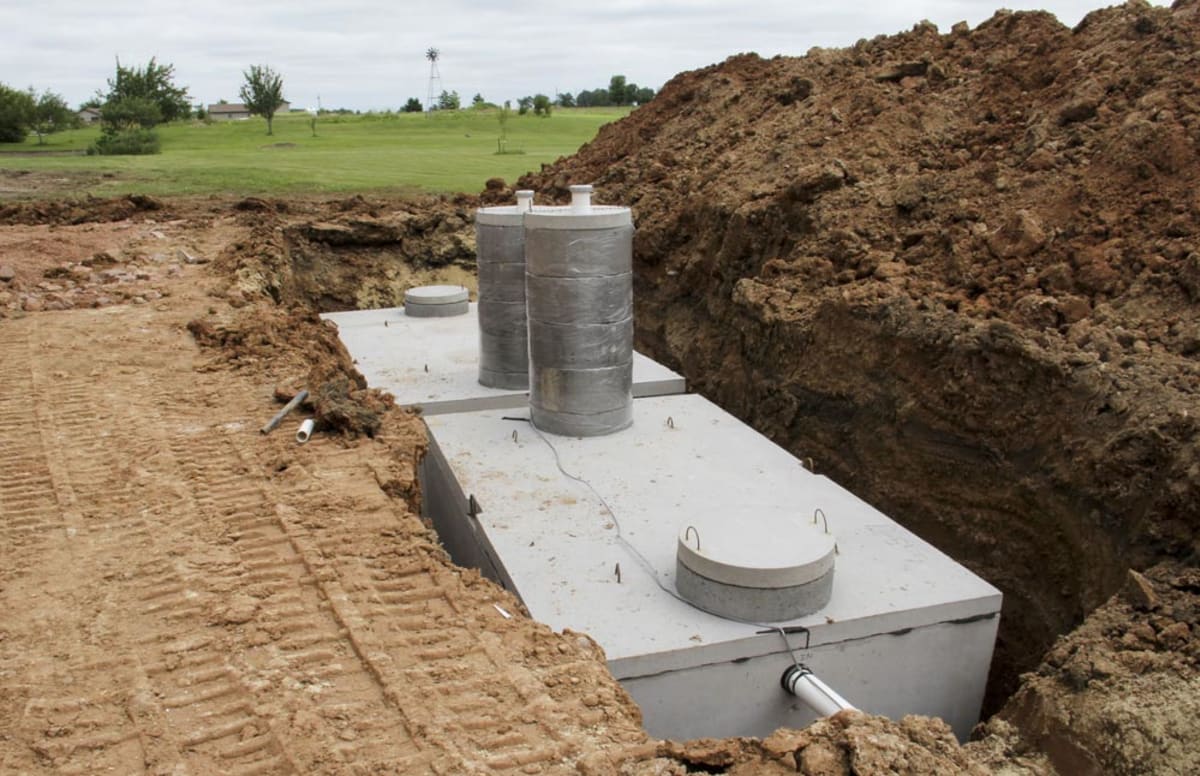
Find septic tank system installers in Detroit, MI
Find septic tank system installers in Detroit, MI
Confirm your location to see the best septic tank system installers near you.
Zip code
Find septic tank system installers in Detroit, MI
Confirm your location to see the best septic tank system installers near you.
Zip code
Top 10 septic tank system installers in Detroit, MI
Homeowners agree: these Detroit septic tank system installers are highly rated for knowledge, experience, communication, and more.
5.0Exceptional(14)
33 hires on HomeGuide
8+ years in business
Serves Detroit, MI
Robert T. says, "There great!!!" Read more
Furry Blessings Dog And Cat Grooming
6+ years in business
Serves Detroit, MI
I have been grooming over 20 yrs and groomed in shops,kennels and with vet clinics but love grooming in my home! I love what I do because I love all animals!! I love meeting their owners too! I love helping them care for their dogs woot programs I offer that also saves them money too!
Mr. Cjs Plumbing Sewer And Drain Cleaning
15+ years in business
Serves Detroit, MI
we are clean cut and provid a fast and professional service!
FLAME
76+ years in business
Serves Detroit, MI
"Flame Heating, Cooling, Plumbing & Electrical offers residential and commercial services throughout the Macomb County and nearby areas. We have more than 85 employees and 60 vehicles on the road to adequately meet the needs of our community, and we offer award-winning service 24 hours a day, seven days a week, 365 days a year. With our exceptional experience, you can count on us day or night. We proudly employ NATE-certified HVAC technicians, Master and Journeyman electricians, and Master and Journeyman plumbers
Your Septic System Installation or Replacement questions, answered
Answers to commonly asked questions from the experts on HomeGuide.
Reviews for Detroit septic tank system installers
Recent success stories from people in the Detroit area.
Charmedia C C.
Agenique was very helpful calling several time, informing me of when the plumber DJ will arrive. She called back the next day to make sure that the job was okay. DJ did a great job in putting in new faucet.
Flawless Plumbing & Flooring LLC
How HomeGuide works
Search
Search, get cost estimates, contact pros, and book—all for free.
Compare
View profiles, read reviews, check qualifications, and see prices before hiring.
Hire
Ask questions, confirm their availability, and hire the right pro when you're ready.